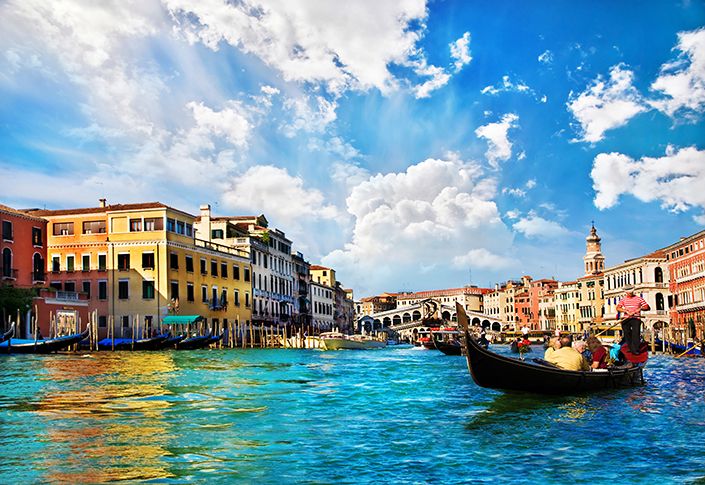Neither. According to the European Commission, UK nationals are still to be treated in the same way as EU citizens until the end of the Brexit transition period (31.12.2020).
Where travel agents earn, learn and save!
The list is obtained from EU diplomatic sources

June 26 - Locked away in a meeting room in Brussels, officials are debating who will be allowed to enter the EU on July 1 when the bloc’s international borders are scheduled to be opened - and who will be forbidden.
There are two lists, one for those that will be accepted, and one for those who will not.
The list has already aroused controversy after sources revealed that the United States - the worst-affected country worldwide by COVID-19 with more than 2.4 million cases, is on the latter list.
On Thursday, European officials failed to reach a decision on which countries will be barred from entry after the bloc’s external borders open, with an EU diplomat telling Euronews that officials “could not reach an agreement” and that talks would continue into Friday.\
Euronews has obtained, from EU diplomatic sources, the full draft list of the countries for which Europe’s borders will be open, and can confirm what they reported on Wednesday that Brazil, Qatar, the US and Russia are indeed not on the approved list.

Sources also threw into doubt the border reopening date of July 1, suggesting agreements will not be forthcoming in time.
The full list of countries whose nationals will be allowed to enter Europe according to the draft list is as follows:
• Vatican City
• Monaco
• Montenegro
• Andorra
• Serbia
• Bosnia and Herzegovina
• Ukraine
• Albania
• Turkey
• Kosovo
• Democratic People’s Republic of Korea
• Turkmenistan
• Vietnam
• China
• Thailand
• Myanmar
• Mongolia
• Japan
• South Korea
• Georgia
• Bhutan
• Lebanon
• Indonesia
• Uzbekistan
• India
• Tajikistan
• Kazakhstan
• Palau
• New Zealand
• Australia
• Dominica
• Bahamas
• Saint Lucia
• Uruguay
• Jamaica
• Cuba
• Guyana
• Paraguay
• Venezuela
• Nicaragua
• Costa Rica
• Canada
• Angola
• Tunisia
• Namibia
• Uganda
• Mozambique
• Mauritius
• Zambia
• Rwanda
• Ethiopia
• Morocco
• Algeria
• Egypt
Diplomatic sources also hinted to Euronews that there is disagreement between nations on the criteria to use for this decision, with some maintaining that data about COVID rates is not reliable. They are asking the ECDC, the EU agency for disease prevention, to come up with more details, the sources said, adding that the lists will be reviewed every two weeks.
When EU guidelines were released two weeks ago officials said the list would take into account the infection rate in countries concerned. The criteria are based on epidemiological data and at the time euronews were told that 47 countries were on the list of acceptable countries and 54 nations on the barred list. From our source in Brussels on Thursday there are now 54 on the acceptable draft list, and it is clear that these numbers may continue to fluctuate.
Neither. According to the European Commission, UK nationals are still to be treated in the same way as EU citizens until the end of the Brexit transition period (31.12.2020).